The everyday health care context is hostile to supporting the traditional work that many family doctors love to do most. It is a health care context that involves lower reimbursements for what they see as their most important services such as chronic disease management, preventive medicine and longitudinal care delivery. A context characterized by rising patient demand for cheaper, convenient, and timelier primary care services, producing heavier workloads and sped up interactions for family doctors. A context where some patients come and go because their insurance changes, or because they seek the fastest route to getting needed primary care, which means visiting different providers in a fragmented manner. Part perception, and part reality, this context can shape family doctors’ perceptions about making an impact, forging human connections, and exhibiting their brainpower. It robs them of time. It reduces their feelings of control. It also forces them, if they wish to continue to try and do the traditional things they love most, into impossible situations where they work longer and harder trying to accomplish goals that are less realistic.
By itself, this individual response has little future in primary care workplaces that are organizationally controlled. What family doctors need is to alter their vision, but in a manner that focuses on career sustainability, and shift their focus to additional ways of feeling impact, connections, and brainpower. Here are four ways to do that:
Practice and find employers that support greater self-care.
Many professionals do not practice appropriate amounts of self-care and most professions train their recruits to avoid focusing on their own emotional, physical, and spiritual well-being. Among other features, self-care involves engaging in mindfulness, proper nutrition and hygiene, resilience, physical exercise, and self-reflection. Physicians, for example, are notorious for not practicing what they preach in this regard, as many do not spend enough time on self-care activities. This situation of understating the importance of self-care exacerbates the negative psychological states family doctors experience when they are unable to do more of what they love to do most in their work. It runs them down and makes them burnout quicker. It also blinds them to seeing their role and work in new ways that may ultimately become satisfying for them.
Redirect some of the “passion” for your work towards what your patients find valuable.
Family doctors should make efforts to redirect some of the passion they have for the things they most love to do towards those things their patients want most, recognizing these may not always be the same, but can be aligned better. For example, the patients a family doctor serves may value timely and quick care delivery over spending longer visits with them, may want a doctor’s advice but not direct oversight of their health, and may want to access primary care at places other than the family doctor’s office, such as urgent care centers, but still desire their doctor to coordinate that care for them.
Some of these things do not produce or support work that family doctors traditionally love to do most. Some of these things frustrate family doctors initially because they require them to perform their roles differently. But meeting patient expectations, and satisfying those patients in the process, can bring a different feeling of reward to family doctors. It still offers a sense of achieving impact, but in a way defined more by their patients. Family doctors still use their brain power, but perhaps for example in becoming more efficient or figuring out better ways to make themselves available to their patients. They will make plenty of human connections, accepting that those connections are often more episodic rather than longitudinal.
Emphasize the variety in work and employers over one total commitment.
Many physicians are salaried employees. This is also true of family doctors. Given this reality, there is no reason for a family doctor to expect that staying with one employer or one type of job will enable doing the things they love to do most. Instead, family doctors should focus on the potential variety of the things that can be done career-wise. They should view themselves as the possessors of special skills and knowledge that may be applied in a variety of different primary care jobs. In my own research on family doctors, I found many that were doing just this, some working for more than one employer at a time, doing different types of work and roles simultaneously, moving fluidly into and out of various jobs, and gathering new skills and experiences along the way. These professionals enjoyed the variety associated with their career trajectories. By pursuing variety in their careers, they believed they were using brainpower in creative and diverse ways, impacting multiple organizations simultaneously, and connecting with different stakeholders rather than just one type.
Look for, accept, and enjoy the moments where the things you love to do most occur.
Family doctors need to take advantage of those times, even if there are fewer of them, where they can still do what they traditionally love to do most. For family doctors, this might mean enjoying the several patients each eight-hour shift where they were able to spend the desired time interacting with them on a deeper therapeutic level, or where they saw most vividly how they were making a positive impact in their care. This strategy requires compartmentalizing the good from the bad parts of a workday in one’s mind so that there is still a sense of personal fulfillment experienced, separate from the work experiences that don’t deliver on the promise.
Family doctors face challenges, and primary care workplaces will remain somewhat hostile to the ideal of traditional family medicine work. Family doctors have to evolve, both in how they strategize their careers, jobs, and work; and in how they think about and pursue the things they love to do most. Call it a survival strategy. Or just smart career planning that allows for longer-term sustainability over burnout, dissatisfaction, and regret. Family medicine may no longer be what it used to be. But the sooner family doctors find ways to take advantage of the way primary care is now and will be in the future, the better it will be for them.
15% Off Medical Practice Supplies
VIEW ALL
 Manual Prescription Pad (Large - Yellow)
Manual Prescription Pad (Large - Yellow) Manual Prescription Pad (Large - Pink)
Manual Prescription Pad (Large - Pink) Manual Prescription Pads (Bright Orange)
Manual Prescription Pads (Bright Orange) Manual Prescription Pads (Light Pink)
Manual Prescription Pads (Light Pink) Manual Prescription Pads (Light Yellow)
Manual Prescription Pads (Light Yellow) Manual Prescription Pad (Large - Blue)
Manual Prescription Pad (Large - Blue)__________________________________________________
Appointment Reminder Cards
$44.05
15% Off
$56.30
15% Off
$44.05
15% Off
$44.05
15% Off
$56.30
15% Off

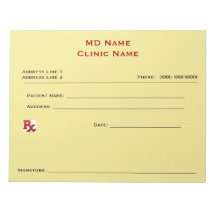
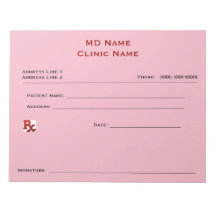

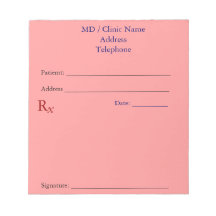
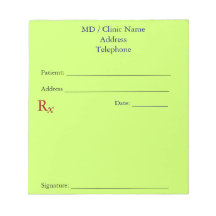
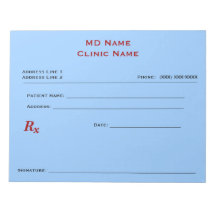
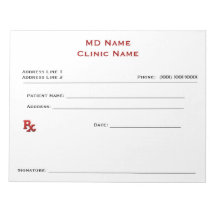
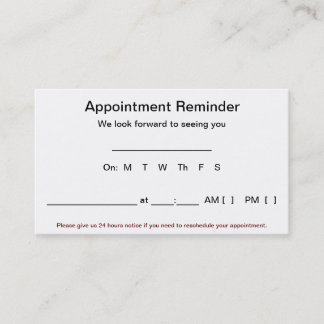
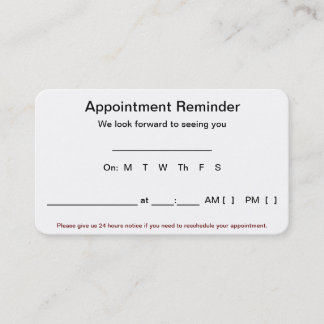
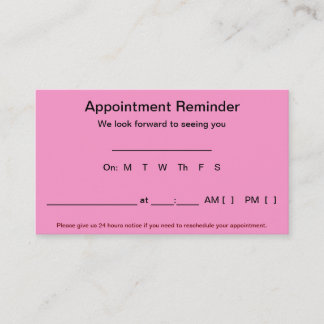
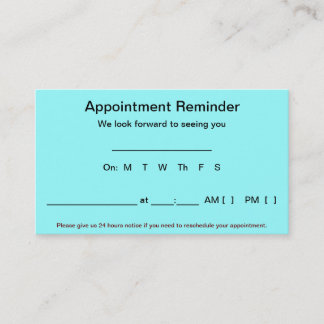
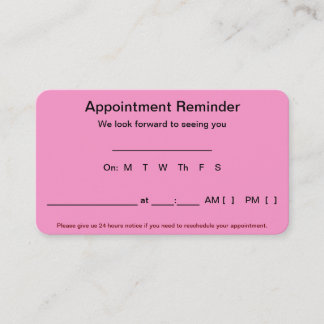
No comments:
Post a Comment